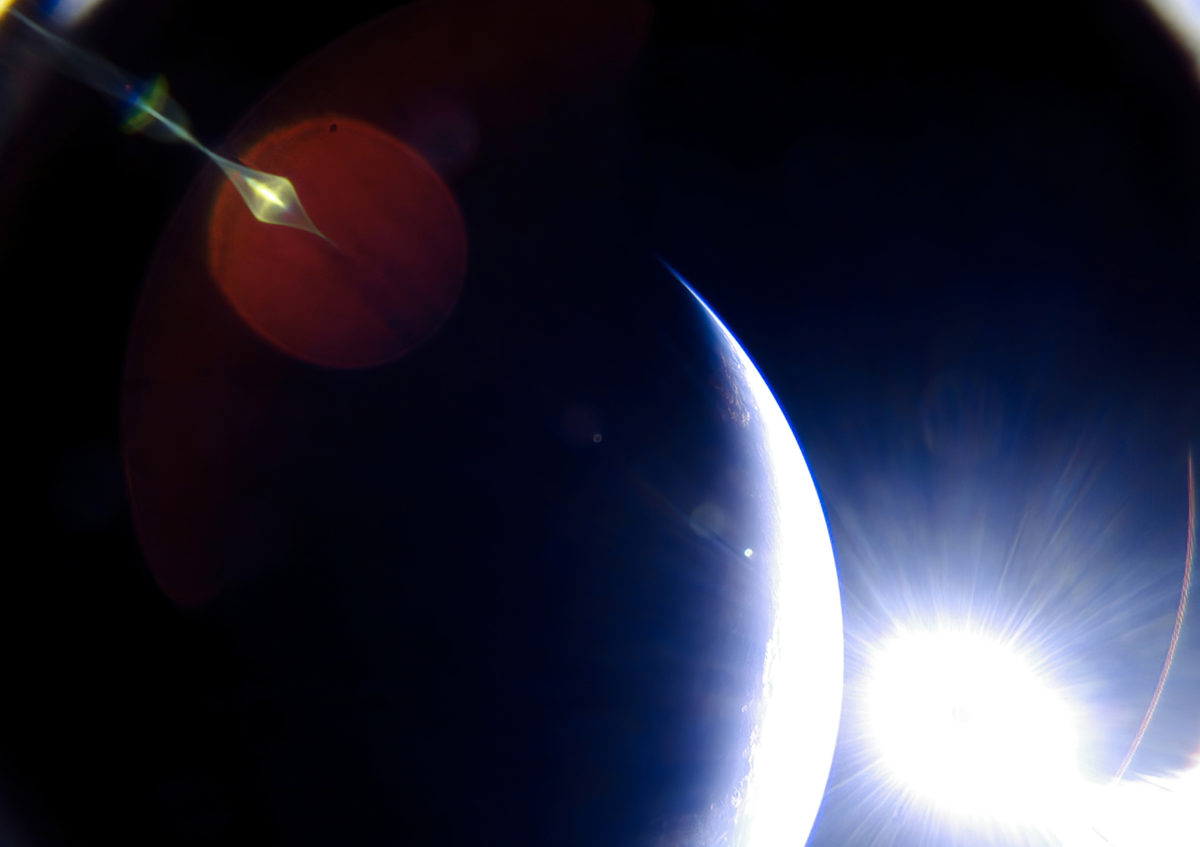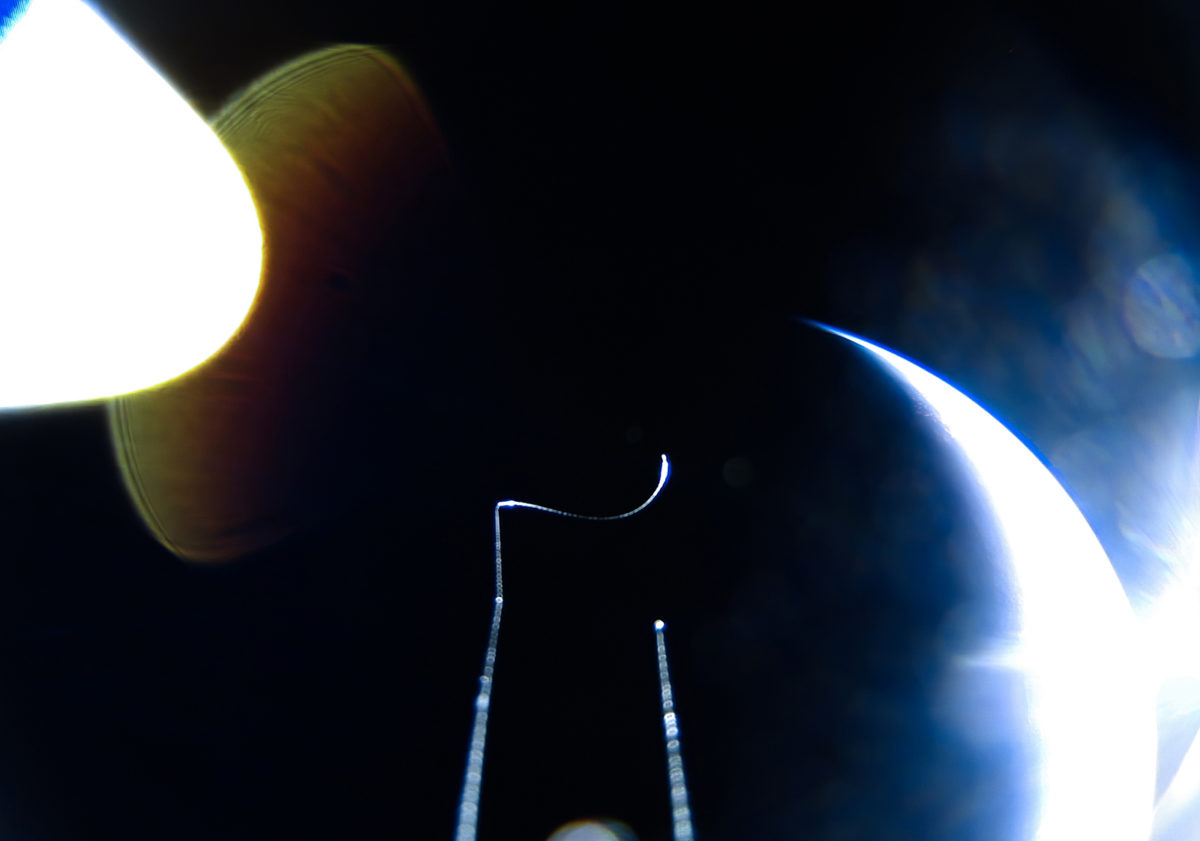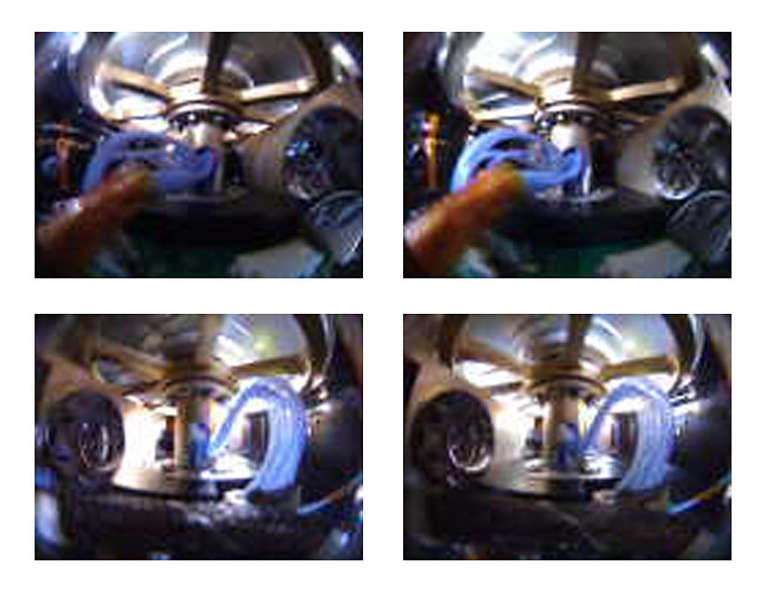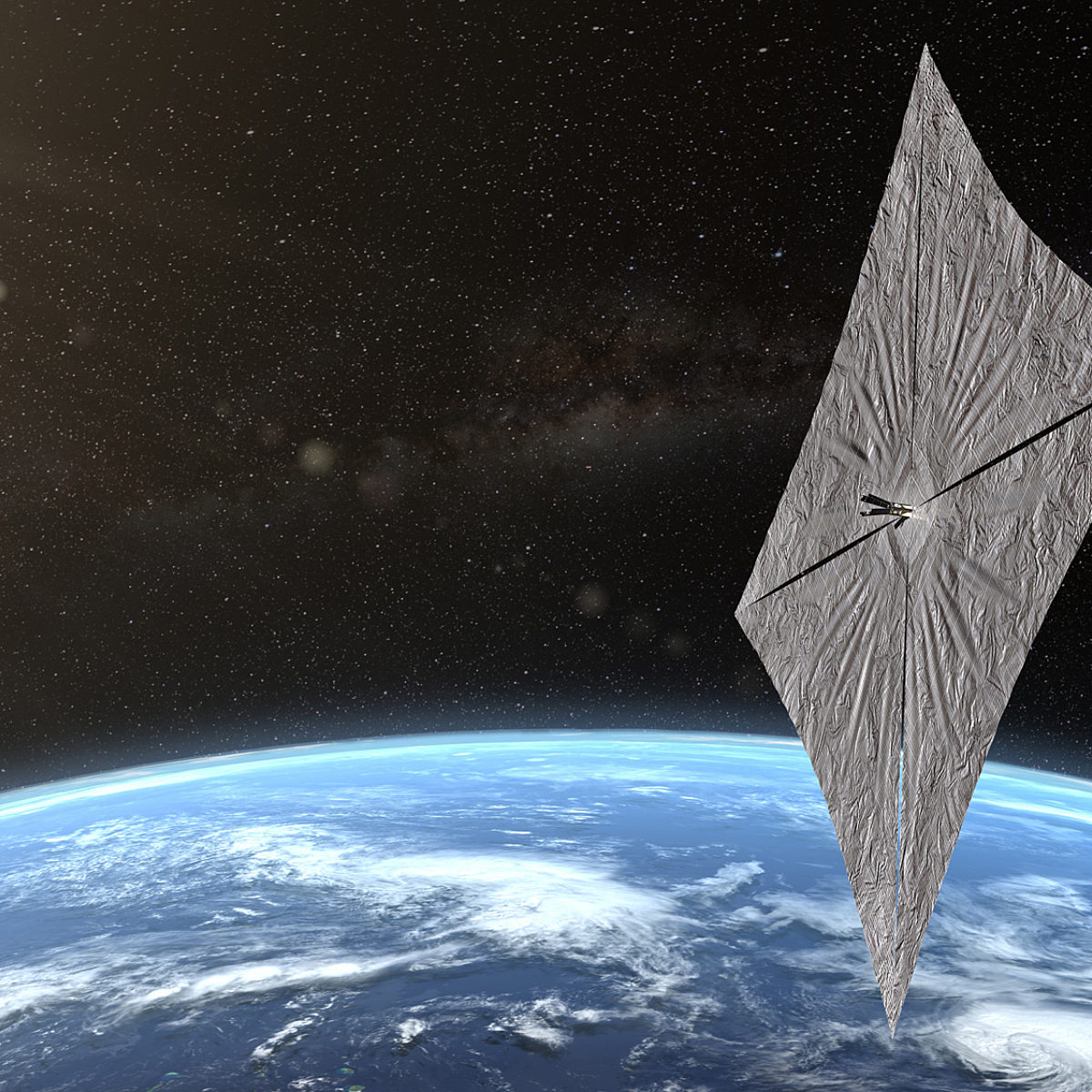Jason Davis • Jul 07, 2019
Here are the First Pictures of Earth from LightSail 2
The first pictures from The Planetary Society's LightSail 2 mission are on the ground!
Flight controllers successfully deployed the CubeSat's dual-sided solar panels Friday evening, as it flew south of mission control at Cal Poly San Luis Obispo in California. Pictures taken moments later from the spacecraft’s solar panel-mounted cameras show a crescent Earth, as LightSail 2 heads into orbital sunset.


LightSail, a Planetary Society solar sail spacecraft
LightSail is a citizen-funded project from The Planetary Society to send a small spacecraft, propelled solely by sunlight, to Earth orbit.
The spacecraft remains healthy since deploying from its Prox-1 carrier vehicle 5 days ago on 2 July. Team members are continuing to prepare the spacecraft for sail deployment, which is expected to occur no earlier than Monday, 8 July during a series of ground station passes between 15:00 and 22:30 PDT (22:00 July 8 to 05:30 July 9 UTC). A decision on whether to proceed with sail deployment Monday will not be made until after spacecraft operations Sunday night. Update Tuesday, 9 July: Sail deployment is now expected no earlier than Sunday, 21 July.
In addition to deploying LightSail 2’s solar panels and downloading imagery, the team successfully activated the spacecraft’s momentum wheel, completing crucial tests to ensure it was ready to swing the spacecraft into and out of the Sun's rays each orbit when solar sailing.
The team also captured imagery from LightSail 2’s cameras prior to solar panel deployment that show the inside of the spacecraft, but opted not to downlink high-resolution versions. The U.S. Air Force has not yet issued position data for LightSail 2, meaning ground-based antennas must currently be aimed at Prox-1 and then adjusted based on Doppler shifts in LightSail 2's signal. This lack of precision position information increases the time required for large file transfers with the spacecraft. We expect the Air Force to issue LightSail 2 position data as soon as Monday.

Most of the tasks required to proceed with solar sail deployment are complete. The most significant step left is testing the spacecraft's attitude control system. When solar sailing, LightSail 2’s attitude control system orients the spacecraft based on readings from magnetometers and Sun sensors, combined with ground-uploaded position data.
During orbital testing, LightSail 2’s magnetometers provided readings that were inconsistent with each other. The team is reviewing ground test data to better understand the situation and develop corrective actions. They are also working to refine the operation of the spacecraft’s electromagnetic torque rods, which are used to change the spacecraft orientation. The torque rods are commanded by LightSail 2’s attitude control system algorithm, and mission operators have detected sluggish performance. A solution has been developed that will be tested later today.
The Time is Now.
As a Planetary Defender, you’re part of our mission to decrease the risk of Earth being hit by an asteroid or comet.
Donate Today

 Explore Worlds
Explore Worlds Find Life
Find Life Defend Earth
Defend Earth


